STEPS News
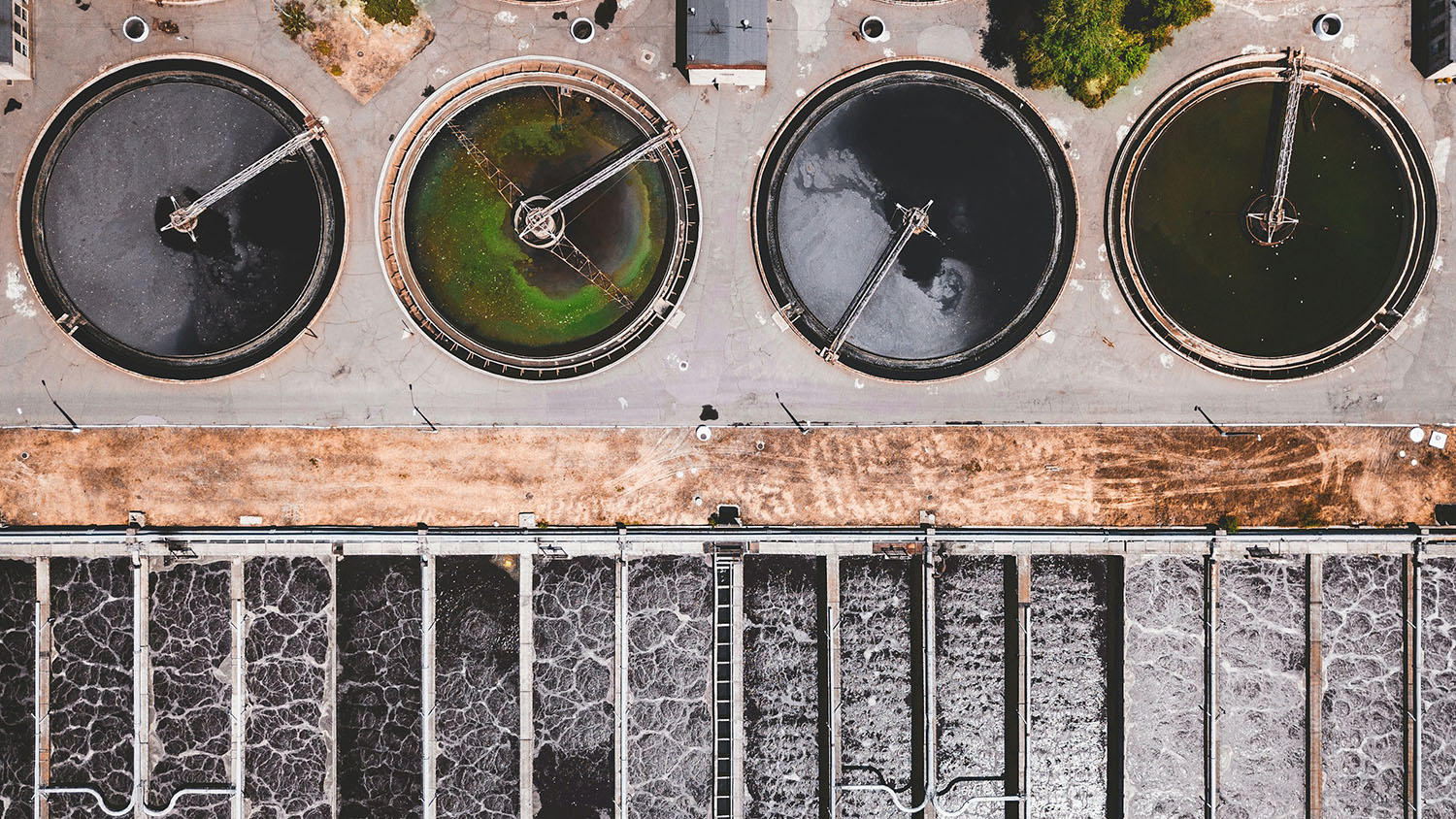
STEPS researchers create new way to remove phosphorus from contaminated water
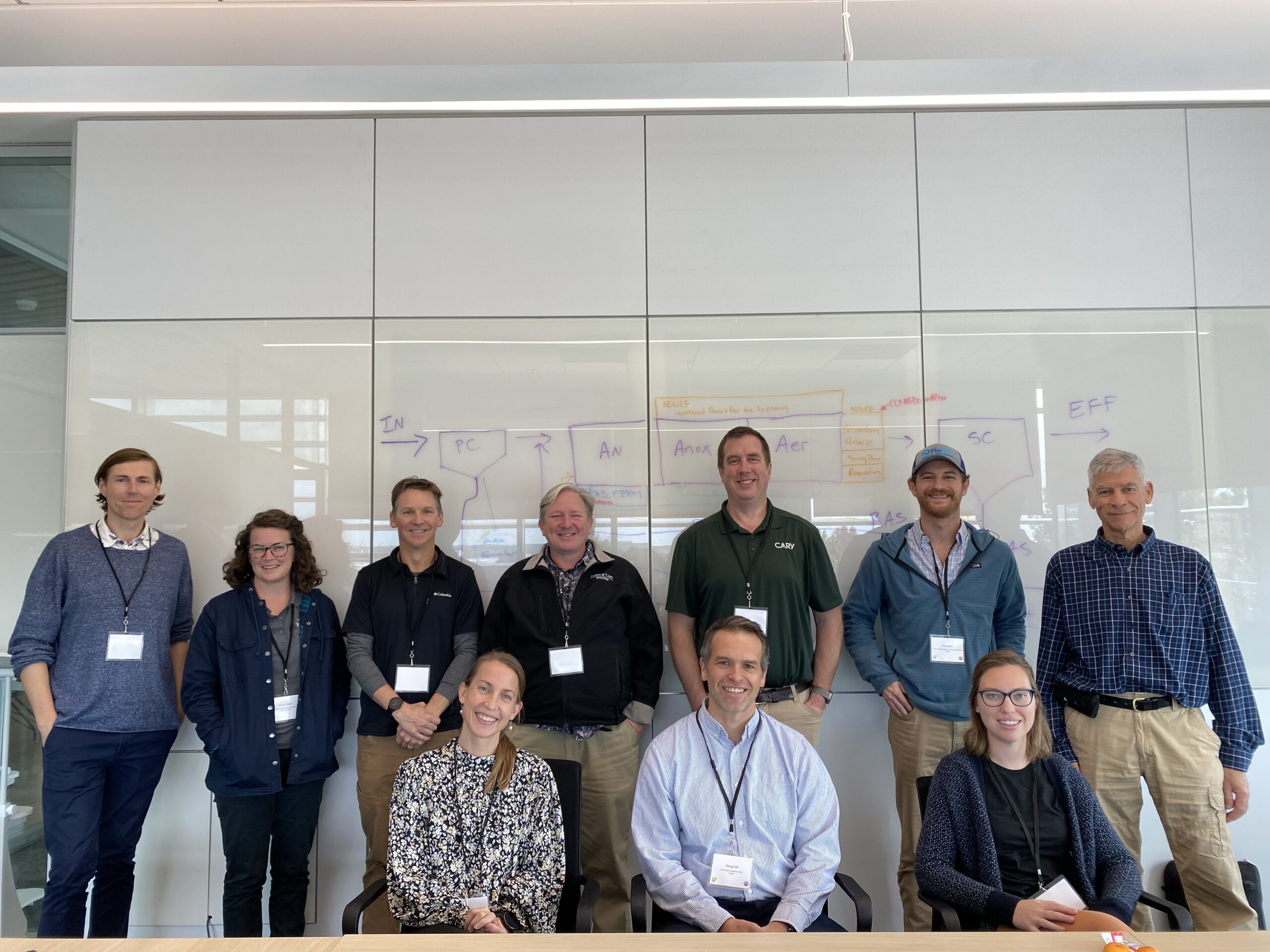
STEPS releases stakeholder engagement guidance for researchers
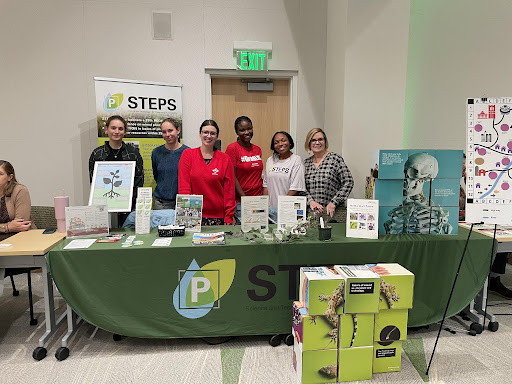
STEPS’ education team reaches 130,000 students this year with phosphorus sustainability message
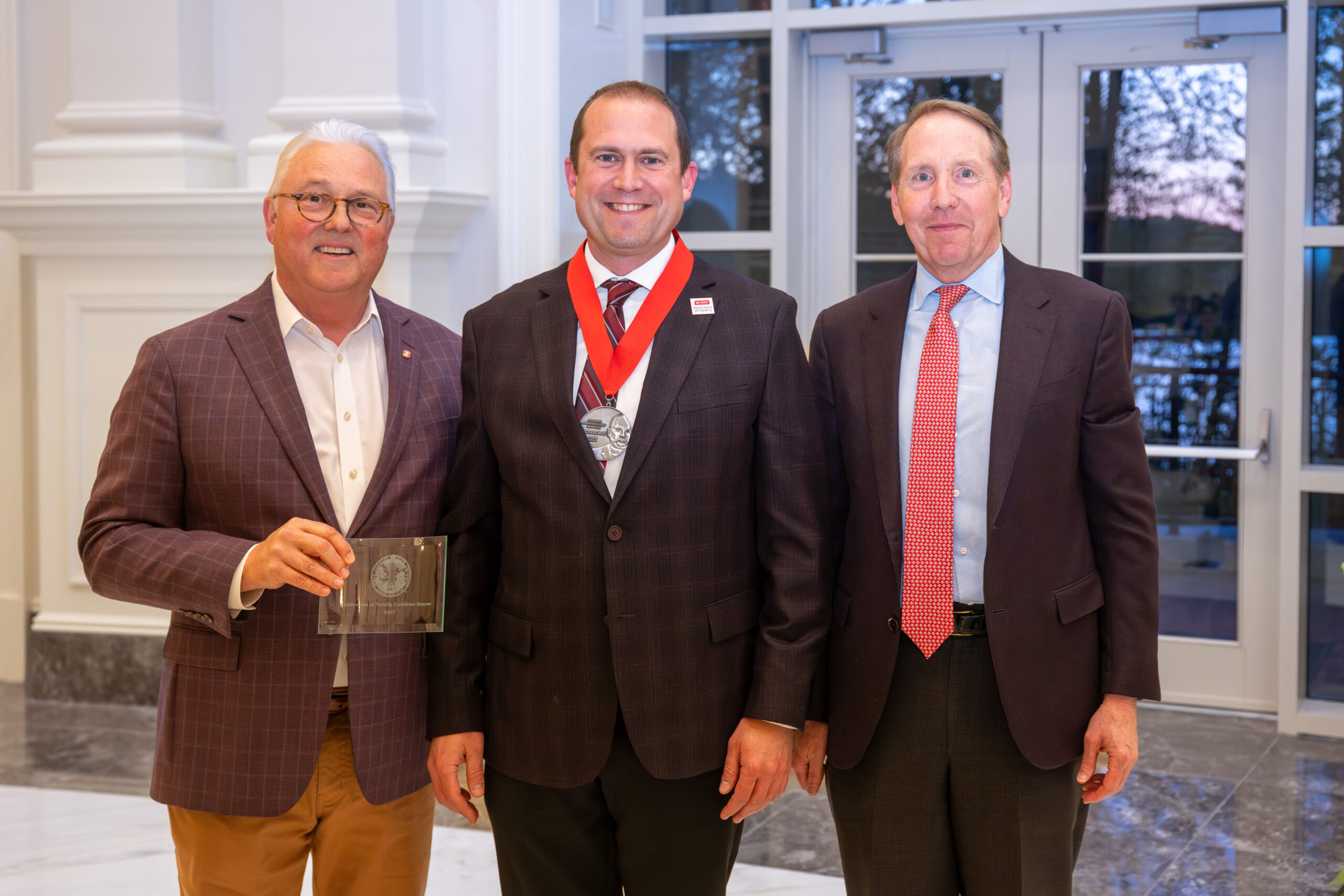
Jacob Jones wins Holladay Medal
North Carolina, Illinois, Wisconsin, and Arkansas proclaim April 7-11, 2025 “Phosphorus Week”
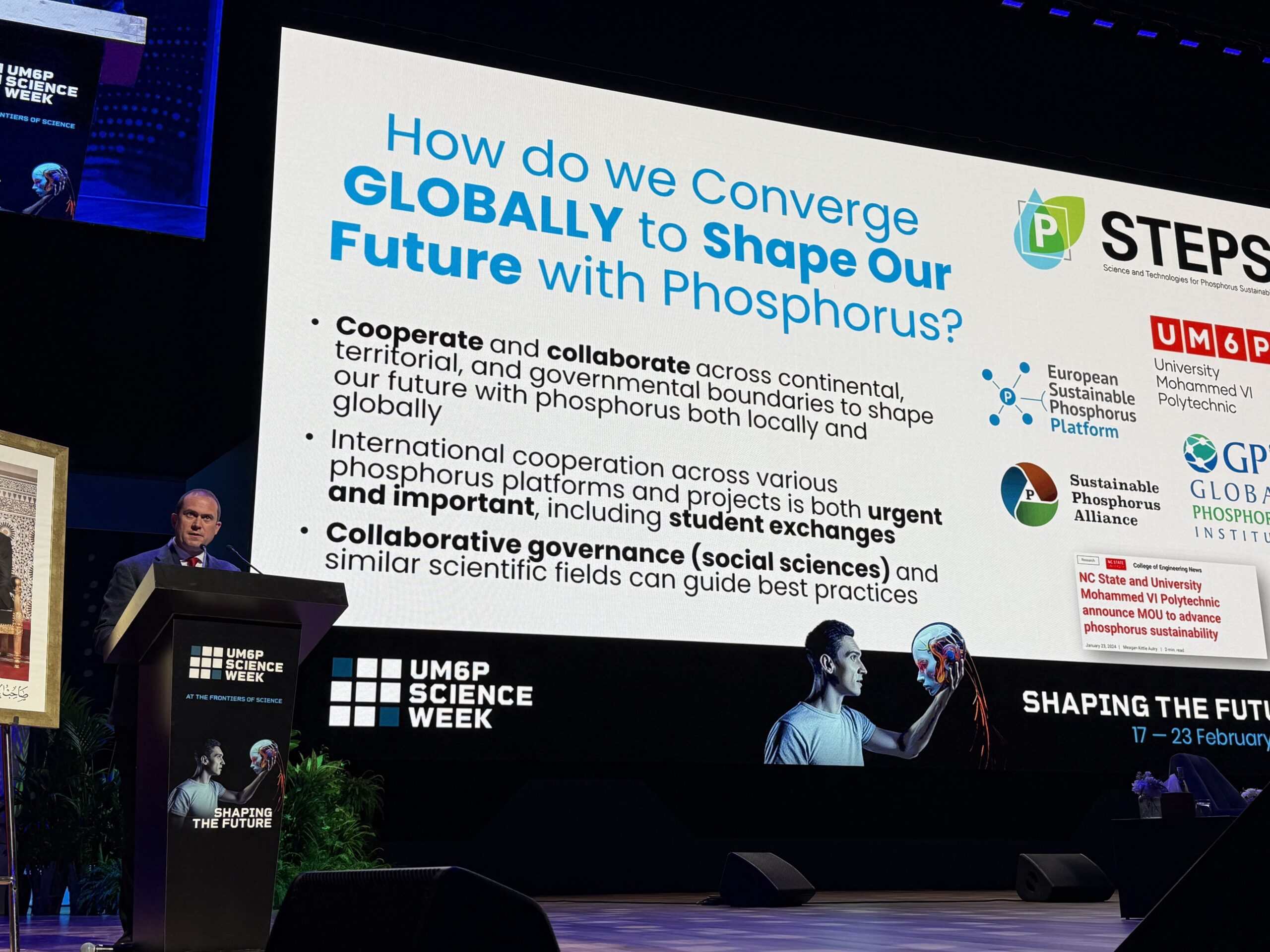
Announcing Phosphorus Week 2025!
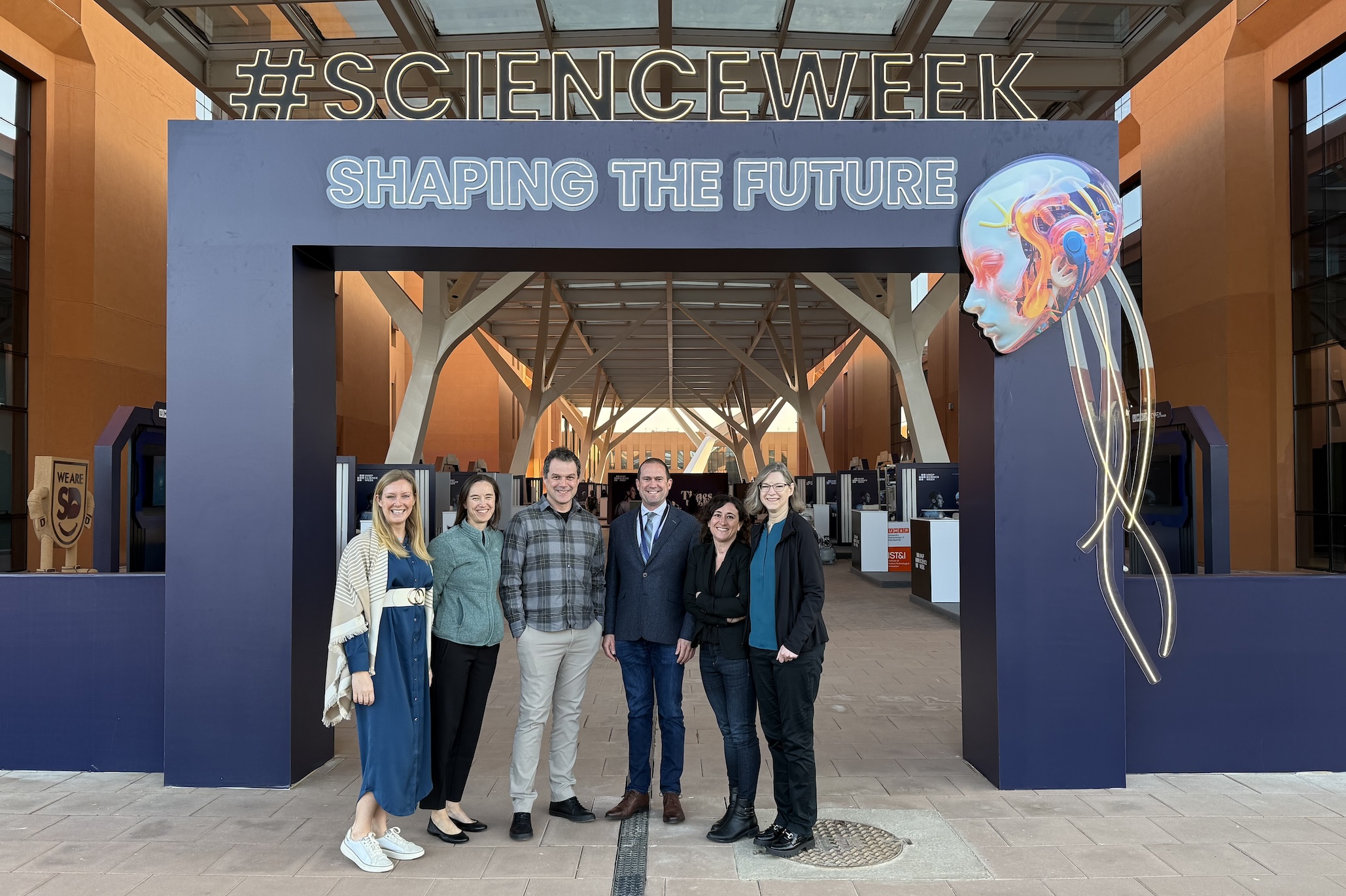
STEPS leads discussion of phosphorus sustainability at UM6P’s Science Week
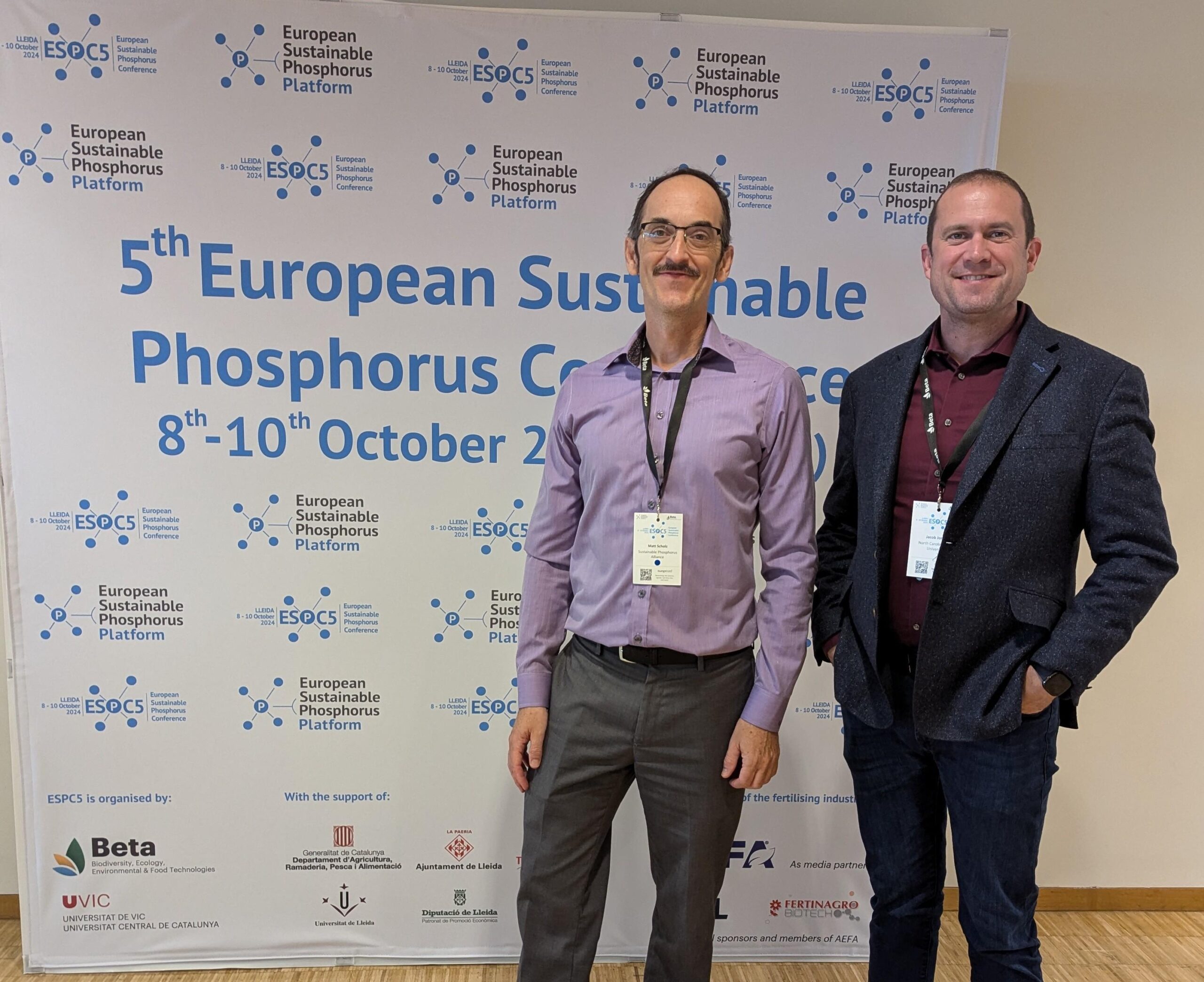
STEPS Recap of European Sustainable Phosphorus Conference

